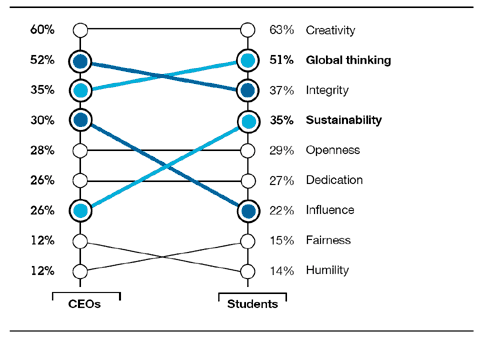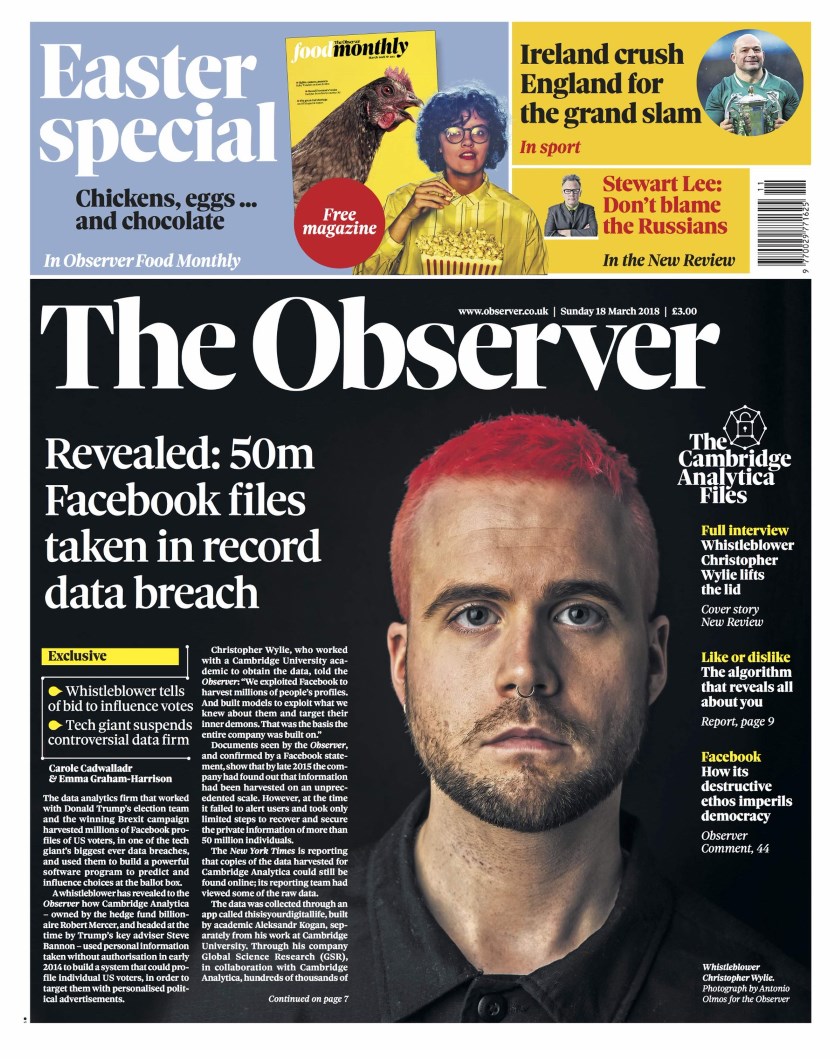 I’d been meaning to refer readers to this for a few weeks (it has appeared on my Facebook pages, including the “fan” page—a good place to go if you prefer my musings filtered, without the minutiæ and without clogging up your feeds). My friend and colleague, Dr Nicholas Ind, has been writing about leadership and the need for leaders to show humility—not divisiveness—in an age when we expect co-creation to bring out the best in organizations.
I’d been meaning to refer readers to this for a few weeks (it has appeared on my Facebook pages, including the “fan” page—a good place to go if you prefer my musings filtered, without the minutiæ and without clogging up your feeds). My friend and colleague, Dr Nicholas Ind, has been writing about leadership and the need for leaders to show humility—not divisiveness—in an age when we expect co-creation to bring out the best in organizations.
Nicholas begins, ‘So in spite of the rise of participation in the workplace and the appreciation of emotional intelligence as a virtue, the prevailing way of leading is still more Fordist than Googleist.’ And yet, he argues, it shouldn’t be. We’ve often looked at how responsive flat start-ups are, and how larger organizations seek to capture that sort of energy—and the simple answer lies, often, in their creativity. But those leaders that try to push certain agenda, or a cult of personality, without respecting the capability or mix of their teams, suffer in the 2010s, because the organizations cease to be creative. Layers emerge, sycophants congregate, and institutionalization sets in. Much like in politics.
Ideally, the best ideas should surface to the top, given the opportunity, and given the right sort of structure. And that the input cannot come exclusively from within the organization: co-creation must involve audiences, notably customers—in politics, it must involve citizens and voters.
Back to Nick:
The newer argument is that innovation matters more and more. The issue has, therefore, become not only how to engage employees, but also how to get closer to customers and involve them in the development of brands … The upside of involving customers is the creativity and cognitive diversity of the very people who will be buying and using what the company produces. The downside is the threat to the certainty of leadership and the sanctity of the leader.
But, he rightly notes, good leaders should never fear that threat. The best know their weaknesses, and seek help on them through listening to the organization’s audiences—and have good systems through which they can. ‘Leaders can still exercise influence and judgement,’ he writes, ‘but the decision-making process becomes more collective.’ If one has risen to a leadership position, one should have a fairly developed sense of self-awareness. And, one would hope, a sense of dignity and decorum that ties well with humility.
There’s more in Nicholas’s latest book, written with Clare Fuller and Charles Trevail, Brand Together: How Co-Creation Generates Innovation and Re-energizes Brands, which I’ll be getting once I finish The Organic Organisation.







